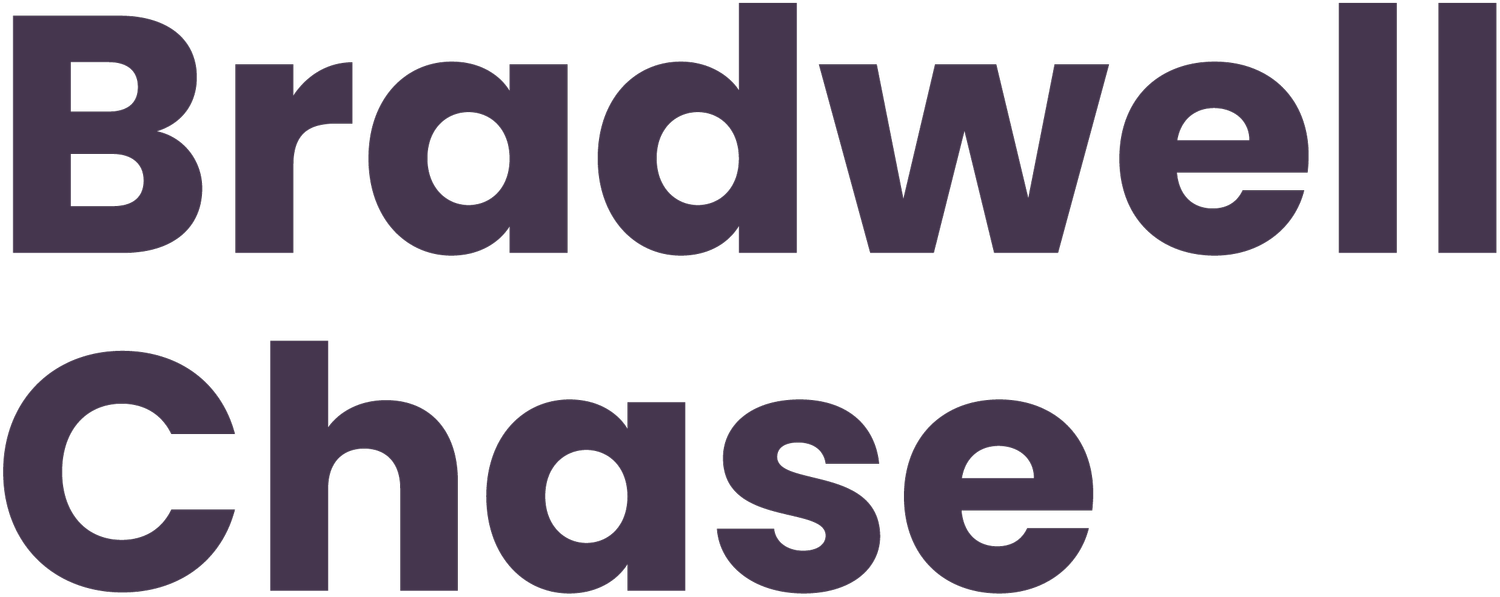6 Ways AI is Revolutionising Healthcare: Drug Discovery, Diagnostics, and Personalised Medicine
1. Drug Discovery and Development
AI is accelerating drug discovery by identifying potential drug candidates faster and more efficiently. Machine learning algorithms analyse vast datasets to predict how compounds will interact with biological targets, reducing the time and cost of preclinical research.
AI-driven platforms, such as those used by companies like Insilico Medicine and Exscientia, are helping develop new treatments for diseases like cancer and Alzheimer's. AI is also optimising clinical trials by analysing patient data to identify ideal candidates, potentially improving trial success rates.
Sources: BioPharmaJournal.com / PulmonaryFibrosisNews.com
2. Precision Medicine
AI's ability to process genetic, clinical, and environmental data enables a more personalised approach to medicine. In oncology, AI-powered tools help analyse genetic mutations and suggest tailored treatments, improving patient outcomes. Tools like IBM Watson are integrating genetic data with clinical information to deliver targeted therapies that cater to individual patient profiles.
Sources: PharmacyTimes.com
3. Medical Imaging and Diagnostics
AI is revolutionizing diagnostic accuracy, especially in medical imaging. AI algorithms can analyse images from X-rays, MRIs, and CT scans to detect anomalies such as tumours or fractures, often with greater speed and precision than human radiologists.
For example, AI tools are being used to identify early signs of diseases like breast cancer or lung cancer, often improving early diagnosis and treatment.
Sources: PulmonaryFibrosisNews.com
4. Virtual Health Assistants and Patient Care
AI-powered virtual assistants are improving patient care by offering 24/7 support through chatbots and voice assistants.
These tools help monitor patients, remind them to take medications, and provide basic health advice. In hospitals, AI tools predict patient deterioration, optimise staff workflows, and improve overall efficiency.
Sources: BioPharmaJournal.com
5. Genomics and Bioinformatics
AI is making sense of the vast amounts of data generated by genomics. By analysing DNA sequences, AI helps identify genetic predispositions to diseases, leading to more effective preventive measures and treatments.
Companies like Deep Genomics are using AI to predict how genetic mutations cause diseases and to develop corresponding therapies.
Sources: PulmonaryFibrosisNews.com
6. AI in Mental Health
AI is also being applied to mental health, with tools that can assess emotional states, offer therapy recommendations, and even predict mental health crises. Apps using AI and machine learning are being developed to track mood, provide cognitive behavioural therapy (CBT), and offer personalised mental health interventions.
Sources: BioPharmaJournal.com / PulmonaryFibrosisNews.com
